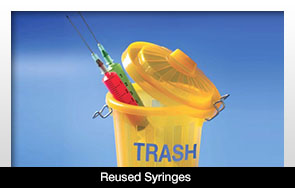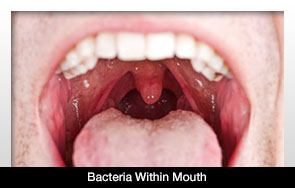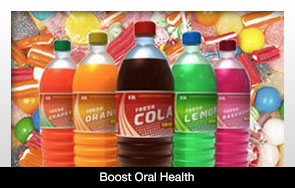Written by Dentistry TodayWednesday, 05 September 2012 15:53

The dentist that reused syringes came clean about his drug addiction.
Dr. Stephen Stein gave up his license to practice dentistry as well. He also signed a Stipulation and Final Agency Order, after which he conceded that he’s been addicted to drugs for some time now.
By surrendering his license, Stein will have the chance to apply for a new license in two years. If he is lucky enough to receive a new license, it will be linked to the old license in public records.
According to the investigation, Stein’s drug addiction caused him to seek help in the summer of 1998. The Board of Dental Examiners did not become of aware of this until June 2011 when an anonymous complaint was filed against Stein.
Stein’s addiction included Vicoprofen and Vicodin. He wrote prescriptions for the drugs and asked the patients to bring the medication to their appointments. During this time, he would take the drugs for his personal usage.
Three people may have been infected by Stein. This was after the Colorado Department of Public Health mailed letters advising that 8,000 patients should be tested for HIV, hepatitis B and hepatitis C.
The dentistry board voted to suspend Stein earlier this year. During the process, the board did not state the length of time in which Stein had been using drugs. In 2005, Stein called in a prescription under a patient’s name and proceeded to the pharmacy to pick up the drugs and use them. There likely were times when Stein practiced dentistry while impaired.
The misusage of syringes was the main findings of the board. Stein has yet to be charged with any criminal offense.

